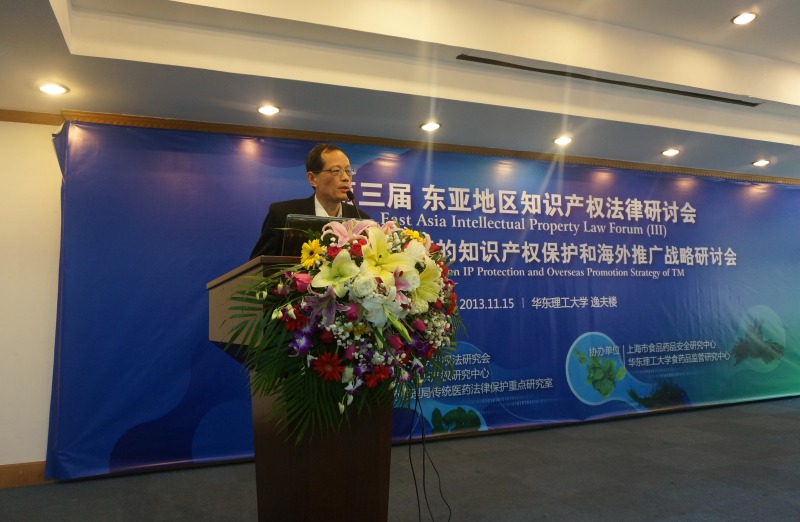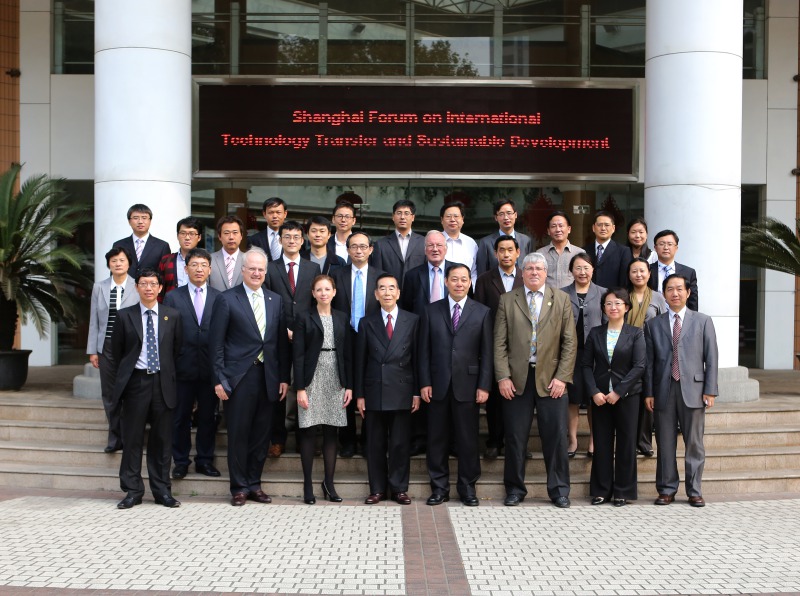On the Legislative System Construction of Ethnic Cultural Industry in Inner Mongolia
Tang Xiao-hui
Heilongjiang National Series,2015(04)
Abstract:Ethnic cultural industry has a strategic position in the economic developmentof Inner Mongolia Autonomous Region; however, legislation of ethnic cultureindustry in Inner Mongolia is relatively weak which has greatly restricted thedevelopment and prosperity of cultural industry in Inner Mongolia. Thus, toachieve the goal of building a famous region for ethnic culture, there is anecessity of establishing a sound local legislation system of cultural industryin Inner Mongolia. Cultural IndustriesPromotion Regulations and other specific regulations should be made forpromoting the integration of ethnic cultural industry and finance, technology,human resources, the Government as well as the intermediary serviceorganization, in order to realize ethnic development and prosperity of culturalindustry in Inner Mongolia.
Key Words:ethnic cultural industry, Cultural Industries Promotion Regulations, supportingmechanism
Outline:
The first part tells about the status of ethnic cultural industry in Inner Mongoliaand current legislation. In this part, it shows the government report which highlightsthat the government take the development of Inner Mongolian cultural industryseriously. Moreover, it raises the issue that the great development of ethniccultural industry needs a mature legal framework. So far, there are someregulations for ethnic cultural industry in Inner Mongolia, such as Decision on Further Accelerating theDevelopment of Cultural Industry, Opinionson Strengthening the Work of Intellectual Property, the Medium and Long-term Development Plan on CulturalIndustry in Inner Mongolia Autonomous Region (2013-2020) and so on. Thereis relative abundance of cultural industry policies while regulations arerelatively few.
Thesecond part proposes to formulate InnerMongolia Cultural Industries Promotion Regulations as a programmaticregulation of Inner Mongolian cultural industries. In this part, it analyzesthe necessities and rules which must follow when formulate the promotionregulations, moreover, it also points out that supporting mechanisms for thedevelopment of cultural industries are also needed.
Inthe third part, it suggests that specific regulations of cultural industriesare also needed to be formulated as operational regulations. It proposes twostandards for formulating such specific regulations, including professions andissues involved. What’s more, the operational regulations this thesis suggeststo formulate includes: AdministrativeRegulations of the Cultural Market, Financing Regulations of Inner Mongolian Cultural Industries,Regulations on Protection of Intellectual Property of Inner Mongolian Cultural Industries and so on.
next:Inheritance and Protection of Cultural Ecology of the Hoche People


